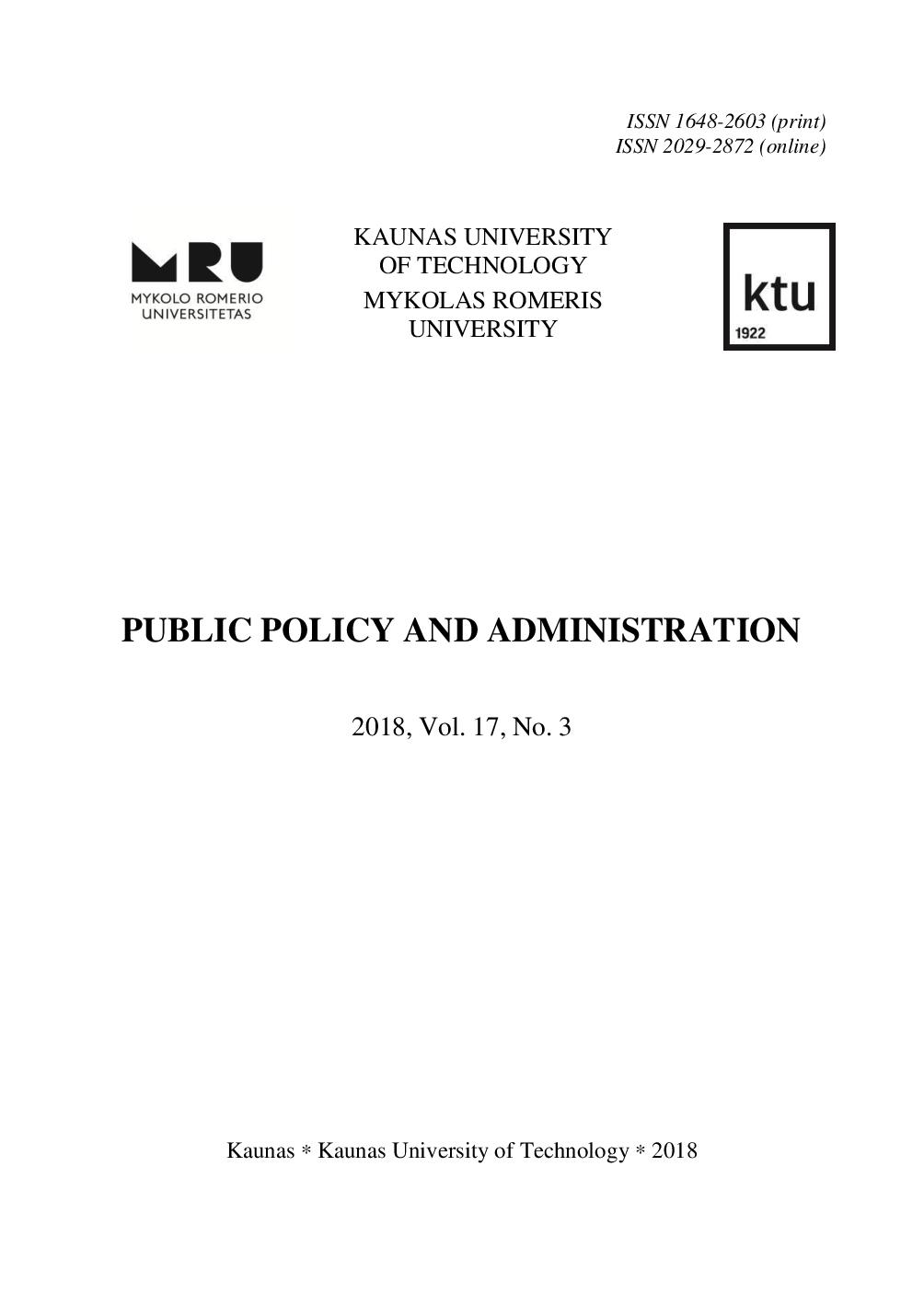Lietuvos būsto politikos keliami iššūkiai jaunimui privačioje būsto valdoje
Risks Induced by Lithuanian Housing Policy for the Youth Living in the Private Rental Sector
Author(s): Rasa Indriliūnaitė, Apolonijus ŽilysSubject(s): Politics / Political Sciences
Published by: Mykolas Romeris University
Keywords: housing policy; private housing rent; youth; housing self-provision; uncertainty of housing position; informal housing rent sector; housing overcrowding; declaration of place of residence;
Summary/Abstract: Rapid expansion of welfare state model and persistent processes of housing sector commodification are corroding the stable social security net and transforming the structure of housing sector at the same time. The growing private rent sector becomes a desirable option for those households which struggle to acquire housing in private housing sector. Lithuanian private rent sector is a peculiar case because the rent segment is poorly regulated and the practice of informal rent is widely spread. Even the general official framework of Lithuanian housing policy considers private rent sector an economic activity, but not the residential one – the rent is legally treated as just a contract between the renter and the tenant. The study aims at showcasing the situation of Lithuanian youth (18–35 yr.) who rent housing units privately, and their attitudes towards private rent sector. The analysis presents the differences in socio-demographic features and value orientations among young tenants and home-owners. The article describes several profiles of young tenants: they usually live in more compact housing units and are more likely to be single or cohabitate with a partner and without any children. Important feature of Lithuanian private rent sector is a quite short residential period, and the fact that the majority of young tenants have not declared or registered rented housing unit as their primary place of residency. Young tenants are more anxious about their liability to the renter, but not about their rights as the tenants. More than one quarter of young tenants participate in informal housing rent sector, only about half of young tenants have legal contracts with renters. All these features of the private sector allow concluding about the rent sector’s ambivalence or existence of various levels of residential security for young tenants.
Journal: Viešoji politika ir administravimas
- Issue Year: 17/2018
- Issue No: 3
- Page Range: 454-469
- Page Count: 16
- Language: Lithuanian

